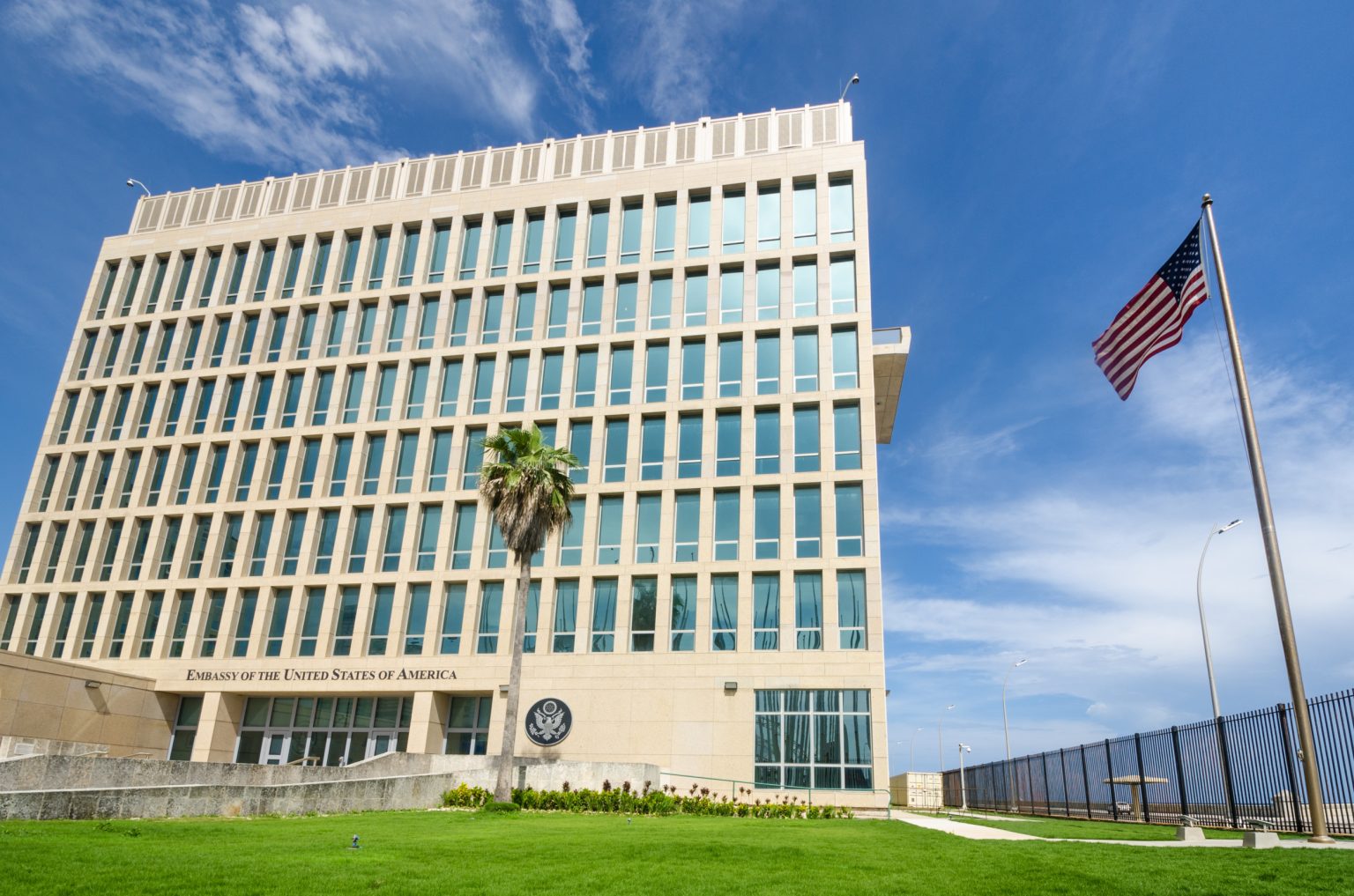Summarize this content to 2000 words in 6 paragraphs U.S. intelligence agencies have concluded that it is “very unlikely” a foreign adversary was behind the so-called “Havana syndrome,” a mysterious set of symptoms reported by American diplomats and government personnel amid their travels.However, two agencies left open the possibility that a foreign actor may have developed or even tested a weapon responsible for the incidents. The findings, released Friday, stem from symptoms first reported in Cuba in 2016 and later by hundreds of U.S. officials worldwide.Why It MattersReports of Havana syndrome began in 2016 when U.S. embassy staff in Havana described unexplained health issues such as headaches, dizziness, and cognitive difficulties. Since then, nearly 1,500 cases have been reported across 96 countries. The phenomenon raised suspicions of targeted attacks by a foreign government, with Russia often cited as a possible culprit due to its history of espionage against U.S. personnel.What to KnowInvestigations by seven intelligence agencies sought to determine whether these symptoms were caused by directed energy weapons or other foreign technology. The Biden administration passed the Helping American Victims Afflicted by Neurological Attacks (HAVANA) Act in 2021 to compensate those affected, and efforts to identify a cause have been ongoing. A lack of evidence has since fueled skepticism among sufferers and their families.In a report from the Office of the Director of National Intelligence (ODNI), five of the seven agencies concluded it is “very unlikely” a foreign actor is behind Havana syndrome. Two others suggested a “low confidence” possibility that foreign governments may have developed a prototype weapon or device capable of causing the symptoms. Officials did not identify these agencies but stressed that no specific incidents have been conclusively linked to foreign technology.The new findings reveal that most cases can be attributed to environmental factors, pre-existing medical conditions, or unrelated illnesses. A smaller core group of roughly two dozen cases continues to defy explanation, though officials caution against assuming foreign involvement. Evidence of confusion among adversarial governments regarding Havana syndrome further undermines theories of a coordinated attack, according to investigators.
The Embassy of the United States of America was reopened when the U.S. and Cuba renewed diplomatic relations on July 20, 2015, in Havana, Cuba. Since 2016, approximately 1,500 U.S. diplomats, spies, other personnel, and…
The Embassy of the United States of America was reopened when the U.S. and Cuba renewed diplomatic relations on July 20, 2015, in Havana, Cuba. Since 2016, approximately 1,500 U.S. diplomats, spies, other personnel, and their families have reported symptoms including severe headaches, nausea, memory lapses, and dizziness, with cases reported in nearly 100 countries, starting in Havana.
More
LembiBuchanan/Getty Images
What People Are SayingNational Security Council (NSC) spokesperson Sean Savett said in a statement emailed to reporters: “Our focus on these priorities remains unwavering and must continue. It is vital that the U.S. government continue critical research, investigate credible incidents, and strengthen efforts to provide timely care and long-term clinical follow-up.”Mark Zaid, a lawyer for over two dozen affected individuals said in 2023 prior to the investigation’s conclusion that the “damage it has caused to the morale of the victims, particularly by deflecting from the government’s failure to evaluate all the evidence, is real and must be condemned.” The State Department compensated affected employees at the time with one-time payments from $100,000 to $200,000.Kremlin spokesperson Dmitry Peskov last year denied Moscow’s involvement in any reports related to Havana Syndrome: “All this is nothing more than a baseless accusation, an unfounded accusation by the media,” Peskov reportedly said, according to Russian news agency Tass.What Happens NextThe Biden administration continues to face pressure to find answers, despite the answers seemingly not existing in the eyes of the law. It is not known if President-elect Donald Trump will invest resources into achieving a deeper understanding of what is happening following his inauguration on January 20.This article includes reporting from The Associated Press


